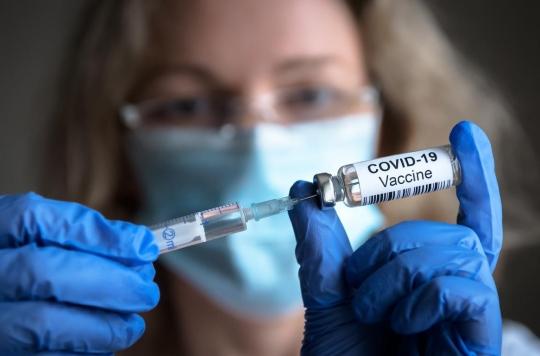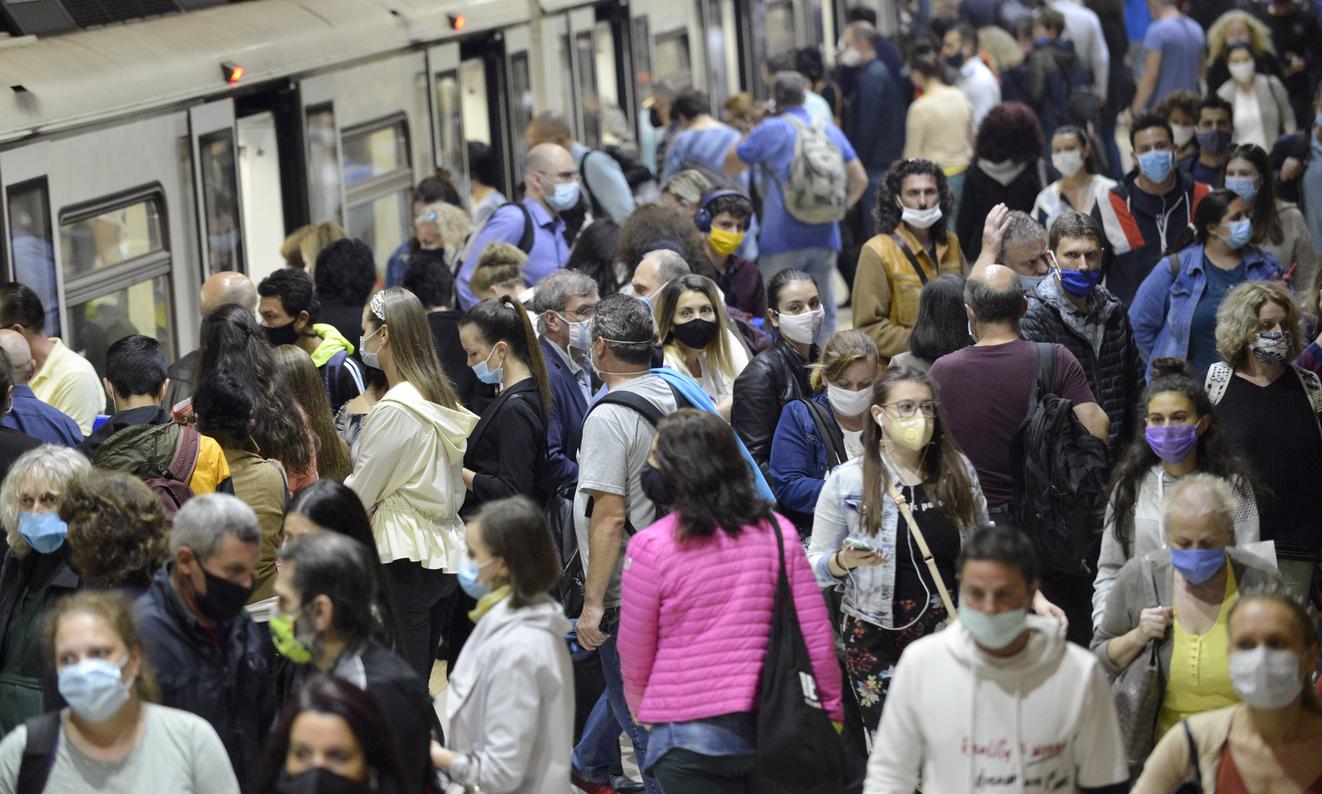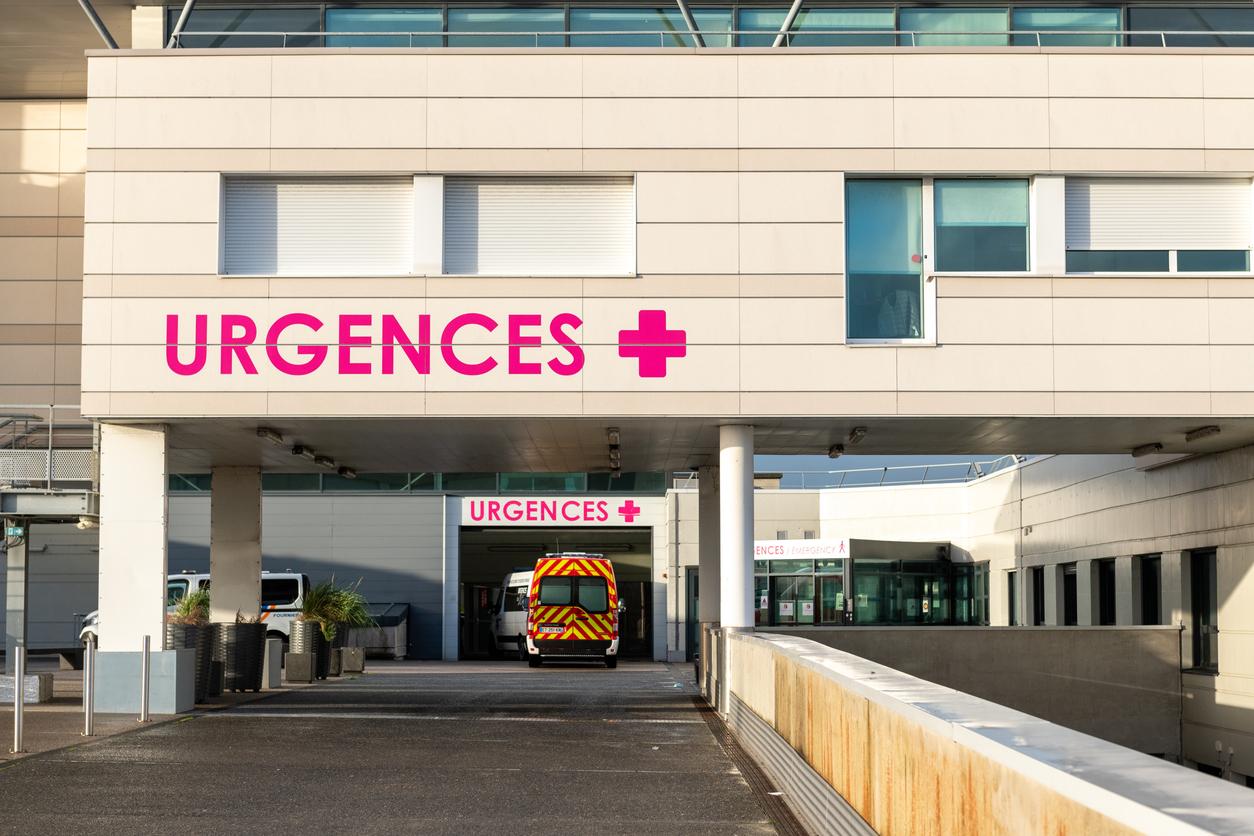Has the vaccination campaign reached its ceiling in France? To revive it, the Academy of Medicine proposes to suspend the reimbursement of RT-PCR tests and antigenic tests carried out for personal convenience in unvaccinated people.

- Despite a record vaccination rate, the number of contaminations has started to rise again in Israel due to the spread of the Delta variant.
- The Delta variant, initially detected in India, will account for 70% of new infections in the European Union by early August, and 90% by the end of August, the European Center for Disease Prevention and Control (ECDC) estimated on Wednesday. ) according to his models.
“To defeat Covid-19, a good vaccination is better than repeated tests”. If the epidemic figures are still green in France, the academy of medicine is nevertheless concerned about a slowdown in vaccination against the coronavirus, due in part to over-consumption of RT-PCR and antigen tests performed for personal convenience.
“The dynamism of the vaccine campaign is weakening”
Although the symbolic threshold of 30 million first-timers was crossed on June 13 and vaccination has been open to adolescents aged 12 to 17 since June 15, “the dynamism of the national vaccination campaign against Covid-19 seems to be weakening in France, making it unlikely that the vaccination coverage rate of 80% of the population will be reached in October, i.e. at the level of herd immunity necessary to avoid a resurgence of the epidemic in the fourth quarter”, doctors say. “Despite its effectiveness, its safety and its freeness, the disaffection for the vaccine persists in a large part of the population, despite a very active communication policy”, they add.
Aware of the low effectiveness of attempts at persuasion through education, the National Academy of Medicine recommended the creation of a “vaccination pass”, in order to encourage people who are hesitant to get vaccinated against SARS-CoV-2, and has come out in favor of the gradual introduction of compulsory vaccination even being considered, given the importance of the issue in public health terms.
“We must question the repeated use of RT-PCR or antigen tests”
Among the factors that may deter individuals from vaccination, “we must wonder about the repeated use of RT-PCR or antigenic tests which are offered free of charge on French soil, unlike most European countries”, point out health professionals.
These screening tests are at the heart of the process “Test-Alert – Protect” defended by the government. Having become as usual as barrier gestures in the lives of French people living under the threat of Covid-19, more than two million of these tests are carried out each week in France. “The freeness of these tests plays an essential role in the effectiveness of the diagnostic approach and in the search for contact cases”, analyzes the Academy of Medicine. Corn “with the regular decrease in the national incidence rate of Covid-19 since April, the practice of diagnostic tests tends to decrease, while the practice of screening tests to obtain a “sanitary pass” intensifies as the summer holidays approach. In force since June 9, the “sanitary pass” encourages more and more people to use screening tests and to renew them at will, the validity of “a negative result not exceeding 48 to 72 hours, in particular those who do not wish to be vaccinated against Covid-19”, add the experts.
Three recommendations
This is why, in order to quickly raise the national level of vaccination coverage during the summer by more vigorously encouraging hesitant people, the National Academy of Medicine recommends:
– to maintain free RT-PCR tests and antigenic tests prescribed for the detection of SARS-CoV-2 for diagnostic purposes (confirmation of a suspected case of Covid-19) and epidemiological purposes (tracing investigations downstream and upstream of confirmed cases);
– to suspend the reimbursement of RT-PCR tests and antigenic tests carried out for personal convenience (obtaining a health pass, international travel, participation in collective events) in unvaccinated people;
– to carry out a follow-up in order to assess the impact of this measure on adherence to vaccination.
.















